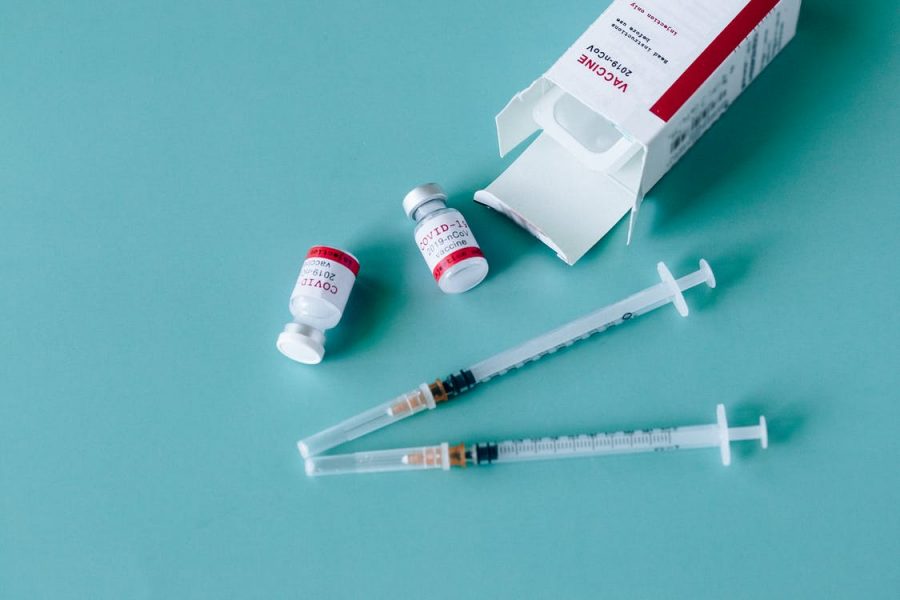The COVID-19 vaccine has been approved, but when can we get it?
COVID-19 vaccines are now being distributed across the United States.
January 4, 2021
On Friday, December 11, the U.S. Food and Drug Administration (FDA) approved Pfizer/BioNTech’s COVID-19 vaccine under emergency use authorization. With the vaccine being swiftly distributed to hospitals across the nation, it seems as if Americans will all be immunized soon. But even though many health care workers and elderly residents will be able to get vaccinated before 2021 rolls around, the rest of the population will likely have to wait for several more months.
How will the vaccine be distributed?
This December, the US Centers for Disease Control has decided the millions of frontline health care workers and support staff and three million nursing home residents will be prioritized for vaccination. It will be easy to distribute the vaccine to these populations since they are already grouped together, and the residents can get immunized at the same time as their caregivers.
By January, there will likely be more vaccines that have been approved. If Moderna’s vaccine can get authorized by then, Pfizer and Moderna could supply 50 million more doses during that month. These vaccines would go to more health care workers and other essential workers, such as EMTs, firefighters, and police. Experts, including those from Johns Hopkins University, have recommended protecting America’s health care system and the most vulnerable people first to control the rapid spread of COVID-19.
February is predicted to continue with vaccinations for essential workers, while also expanding it to high-risk adults. By April, more vaccine approvals will mean that K-12 teachers and other child care and critical workers will be immunized. Healthy children and adults will see the vaccine by May at the soonest, depending on how well distribution goes.
Is there anyone who shouldn’t get the vaccine?
The vast majority of Americans should be planning on getting vaccinated. However, the FDA said that one specific group of people should not get the vaccine: people who have severe allergies to any part of the Pfizer vaccine. A doctor can check your medical history to see if you have any chances of experiencing a reaction, but only a very small percent need that evaluation, so most people will not have to worry about it.
Dr. Peter Marks, the director of the FDA’s Center for Biologics Evaluation and Research, has also said that it is up to pregnant women to decide if they want the COVID-19 vaccine themselves. Observational data does show that the risk is low, but the lack of adequate information to confirm the safety of the vaccine in these individuals means that they are allowed to choose which option to take.
What can we do now?
While it will still be some time before the general public can get immunized, make sure to get vaccinated when the time comes. You will be protecting not only yourself, but your family and loved ones as well.







